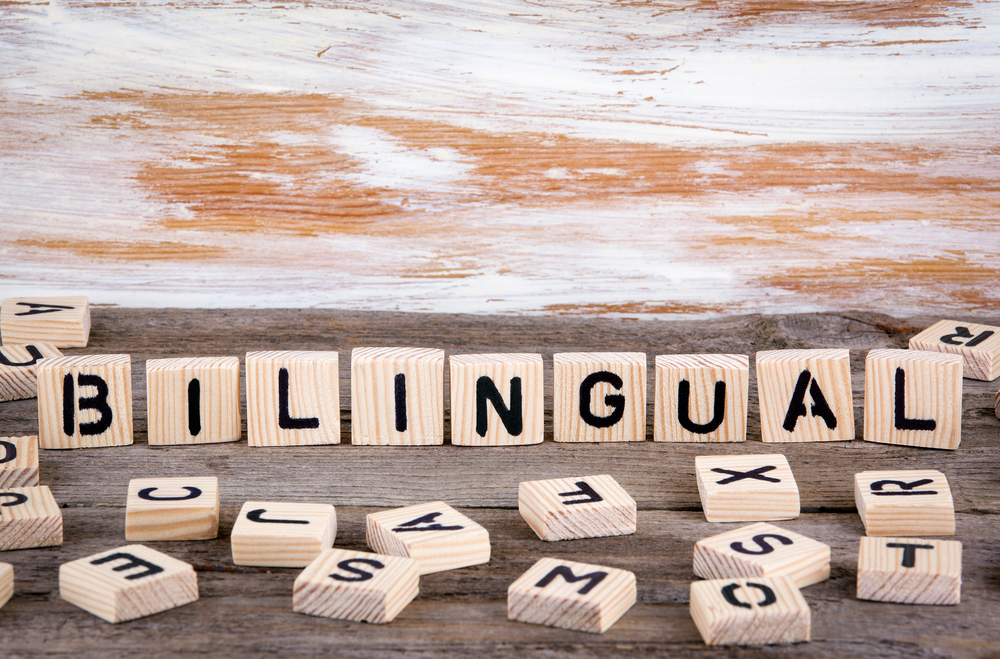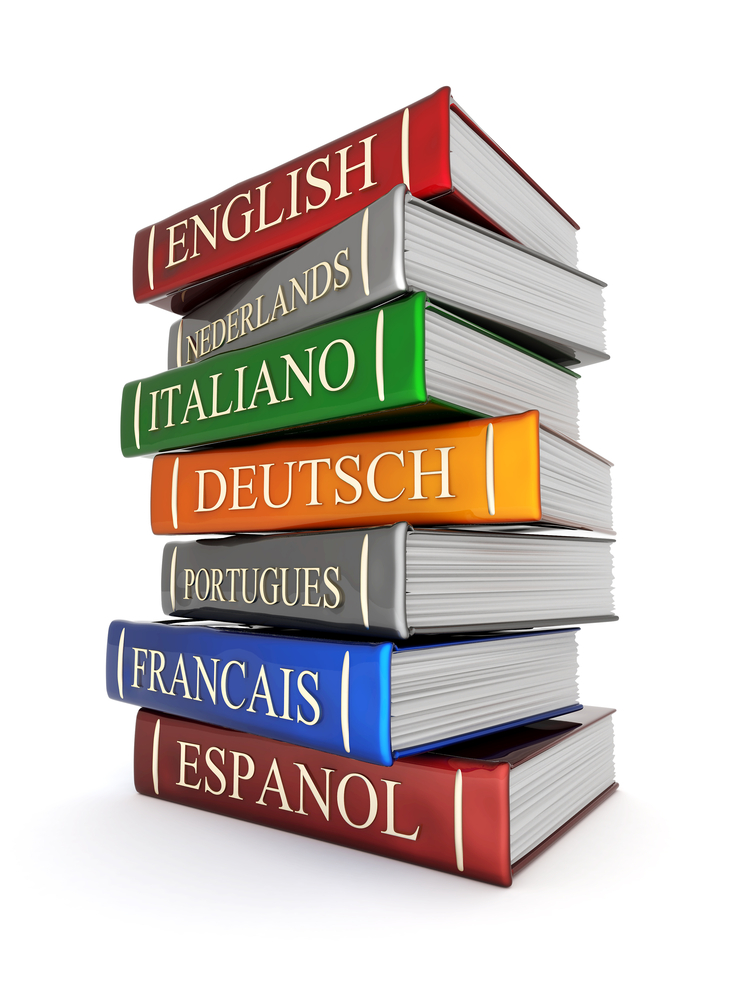Using a dictionary is a skill that students can improve with practice and by following some basic guidelines. Here we have tried to focus on the areas that will help students to make most effective use of their bilingual dictionary:
✓ Check that you are looking on the right side of the dictionary. Sounds basic, but precious time can be wasted looking for a French word on the English-French side!
✓ Thumb tabs are often given on the side of each page of the dictionary to show where each letter starts and finishes. This is a quick way of going straight to the initial letter of the word you want to look up.
✓ Use the guide words at the top of the page to give you a quick overview of which words are included on the page. These guide words generally show the first and last words on the page, so you can see straightaway whether the word you want is on that page.
✓ Remember that many dictionaries give other information before the translation, for example how the word is pronounced, other forms of the word (verb tenses, plural forms etc) and parts of speech. Don’t just take the first piece of information you come across after the word you’re looking for.
✓ Make sure that you are looking at the correct part of speech – is the word for which you need the translation a noun or a verb? It might help to brush up on your grammar so that you can quickly tell the difference!
✓ Many words have more than one meaning (for example, pool can be for swimming in, a game, or a puddle of water) – these different meanings are labelled in the dictionary. It’s best not to take the first translation you see without looking at the other meanings.
✓ Dictionaries often include very common or set phrases separately at the end of the entry (for example, to learn something by heart), as these phrases often have unpredictable translations. Have a quick look at any phrases in the entry to check whether what you want to say is given there.
✓ Don’t overuse the dictionary. It takes time to look up words and is not always convenient to do so, so try to think of another way to say things using words you already know. You can often guess the meaning of the foreign word by using other words in the sentence to give you a clue. When you do want to use the dictionary, sometimes you only need to look up one key word in a sentence to understand what is being said.




